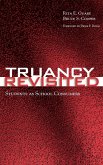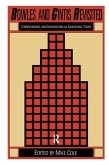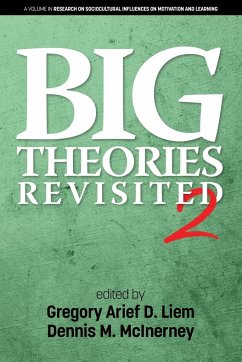Originally published in 1993, Silencing Ivan Illich fell out of print when the original publisher went out of business in 1995. The author, David Gabbard, states that the book was pivotal in the evolution of his understanding of schools. Delving into Foucault's work to forge a methodology, he wanted to understand the discursive (symbolic) forces and relations of power and knowledge responsible for the marginalization of Ivan Illich from educational discourse. In short, Illich was "silenced" for having committed the heretical act of denying the benevolence of state-enforced, compulsory schooling. In Silencing Ivan Illich Revisited, Gabbard revisits the text as a means of opening the question of what schools should be. Inspired by Slavoj Zizek's call for a Positive Universal Project, the book provides an alternative vision of what our species ought to be doing in the name of collective learning.
Hinweis: Dieser Artikel kann nur an eine deutsche Lieferadresse ausgeliefert werden.
Hinweis: Dieser Artikel kann nur an eine deutsche Lieferadresse ausgeliefert werden.








